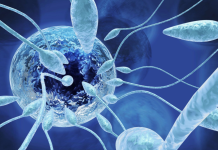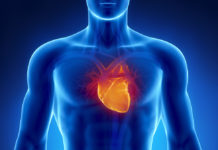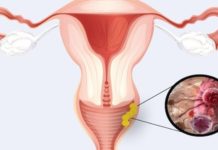Parkinson's disease, symptoms and signs of the disease are well understood and described in various medical works. This is a progressive disease that causes impaired movement and decreased mental ability. Long-term observations allowed us to classify the forms and stages of development of this disease. And although the causes of Parkinson's disease are still not fully understood, it was still possible to find effective means to alleviate the condition of patients.
Material Content:
Forms and stages of development
It is believed that the trigger for Parkinson is a lack of the neurotransmitter hormone dopamine in the body. Why it ceases to be produced in sufficient quantities, science does not know. But its lack gradually leads to pathological changes that are initially not noticeable, and then already irreversible. An insidious disease affects primarily the elderly. But sometimes it occurs at a young age.
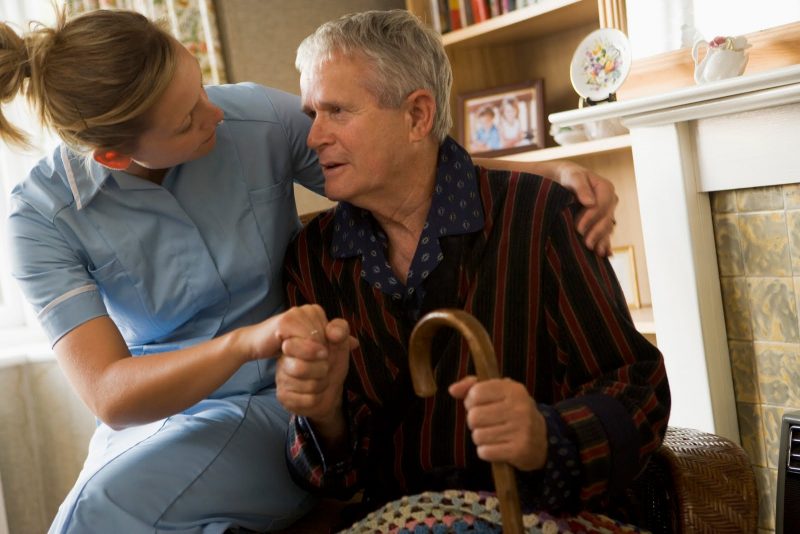
It is customary to divide the disease into three forms:
- Rigid-bradykinetic. The first visible sign of this form is humped. Muscle tone increases, and movements become slow until complete immobilization;
- Rigid-rigid. Often manifested form, characterized by stiffness of movements. But in the beginning there is a progressive tremor of arms and legs;
- Shaky. This form manifests itself by trembling hands, legs, tongue, lower jaw. In this case, a person can move, walk, do something. Muscle tone can also be increased, but in any case, the pace of normal movements is maintained.
Parkinson's symptoms at first are completely invisible, both for the patient himself and for those around him:
- hands tremble a little;
- movements become slower;
- facial muscles work weaker;
- violations of the digestive tract are not excluded;
- insomnia and depression appear.
Subsequently, tremor of the extremities becomes more noticeable, movements are more constrained, the posture is stooped, and facial expressions are almost lost, which means that the disease has gone too far. There is very little dopamine left. And violations in the body go into an irreversible stage.
Parkinson's Disease Treatment
At the beginning of the study of the disease, many believed that the causes of the disease - a hereditary, genetic predisposition. But then it became clear that the reasons could be different: head injuries, encephalitis, brain damage by toxins, vascular diseases, vitamin D deficiency, alcohol and uncontrolled use of certain medications.
Treatment of Parkinson's disease, in any case, regardless of the cause, will not lead to a complete recovery. This task is not yet feasible. Therefore, the treatment of Parkinson's disease is aimed at eliminating the severe manifestations of the disease.
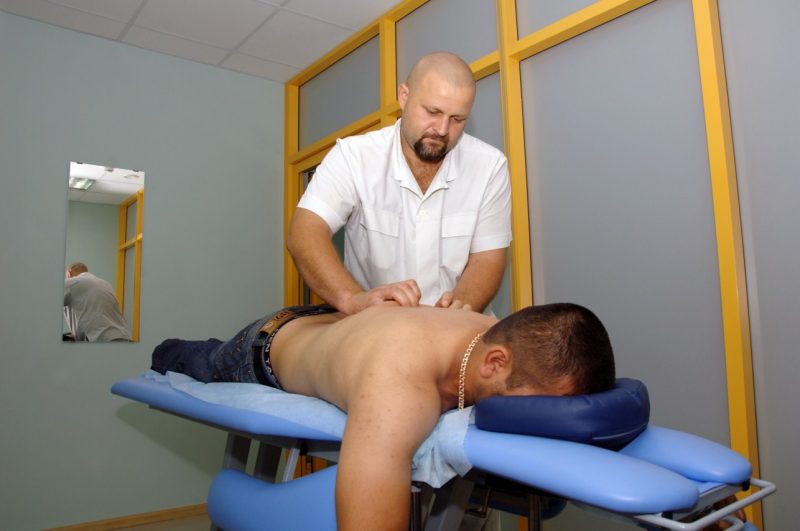
Help with this:
- medications;
- massage and exercise therapy;
- surgical help.
Adequate treatment can prolong a person’s quality of life, improve well-being and mood, be able to carry out normal household, daily chores and take care of themselves.
The success of the measures taken depends on how early the signs of the disease were detected and timely treatment started.
Symptom Medicines
Medical care for patients depends on the symptoms. At the very beginning of the disease, an effective drug is Amantadine, which contributes to the production of dopamine. Mirapex and Pramipexole are also prescribed. In the later stages, a stronger drug is already needed - Levodop.

Hallucinations and mental disorders eliminate Azaleptin, Exelon, Seroquel, Clozapine, Leponex.
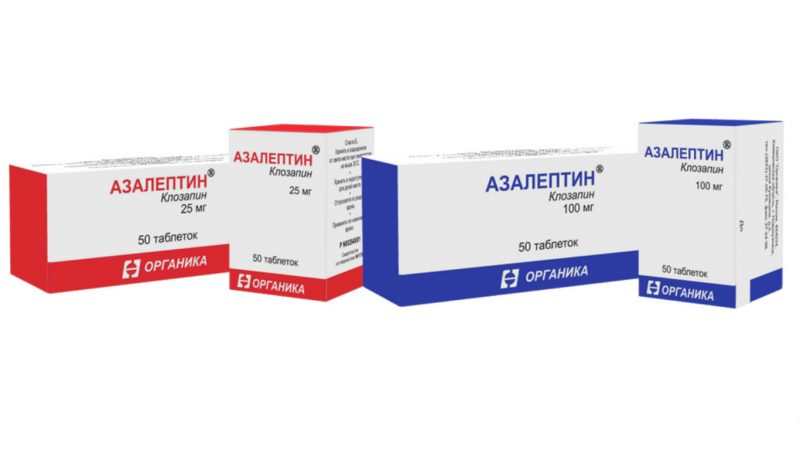
Amitriptyline, Motilium, Detrusitol help to cope with vegetative disorders.
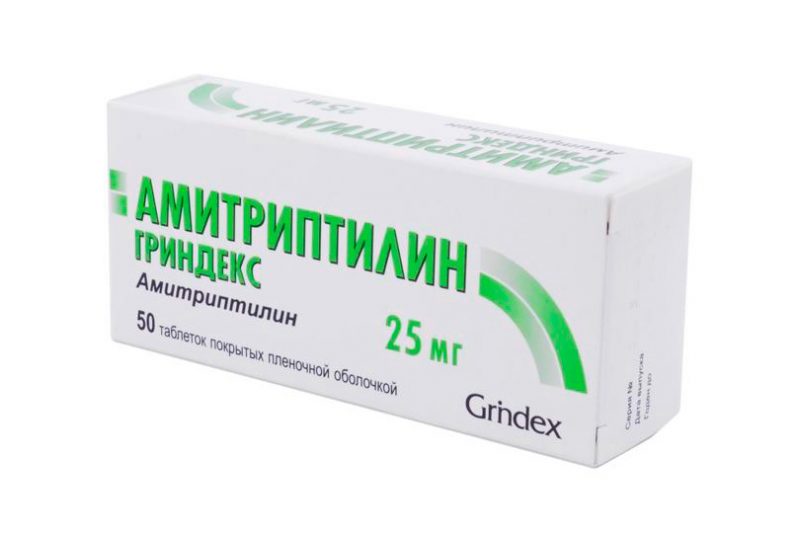
If sleep disturbance occurs, anxiety, depression will help various sedatives, as well as antidepressants - Tsipramil, Iksel, Amitriptyline, Paxil.
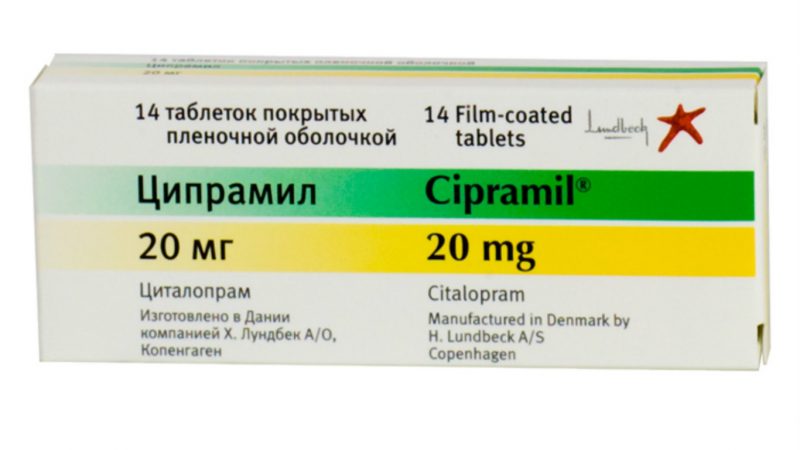
With a decrease in memory and instability of attention, Exelon, Reminyl, Memantine Akatinol are prescribed.
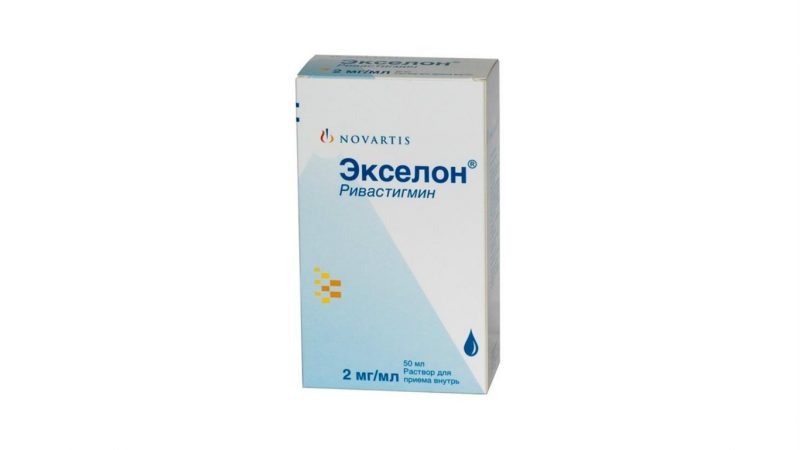
Antioxidants and physiotherapy exercises are also prescribed. Helping with drugs, the doctor solves two problems - reducing the activity of brain cell death and alleviating the symptoms of the disease.
Parkinson's Disease Surgery
Surgery is performed only when medications have not helped. Modern medicine achieves good results even with partial surgical intervention - this is a pallidotomy. The operation reduces hypokinesia by almost 100 percent.
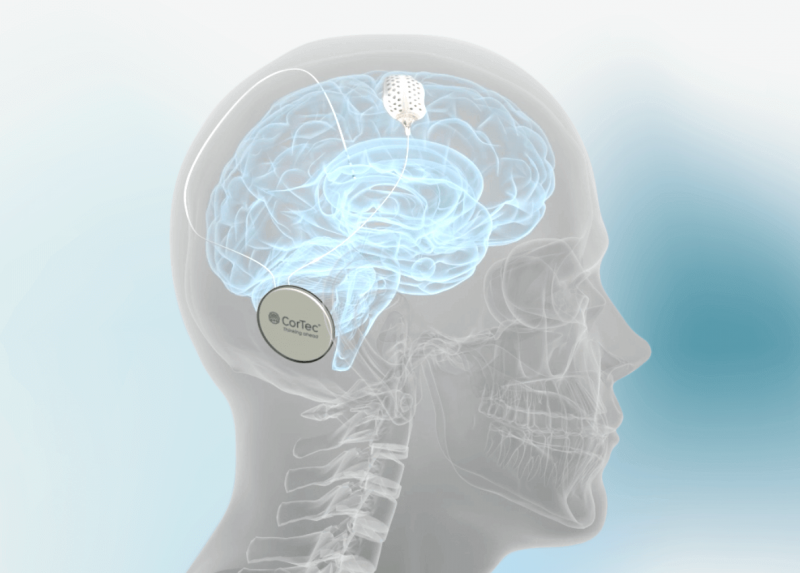
Widely used and minimally invasive surgical intervention - neurostimulation. This is a point directed effect of electric current on certain parts of the brain.
ethnoscience
There are many recipes for decoctions of herbs, exercise.

Popular wisdom offers:
- start every day with a cup of hot linden tea. Linden leaves are simply brewed as tea and drunk fresh. It is worth introducing such a morning tradition for a year, taking a break every time a month after a month;
- drink oregano tea in the morning. It has the same useful properties - strengthen immunity, rejuvenate the body;
- drink a decoction of hypericum. Three tablespoons of grass are brewed in a liter thermos and insisted for two hours. It should be drunk a third of a glass three times a day before a meal. And so for a month and a half. Then take a break for a month and repeat again;
- drink a tincture of garlic three times a day in a teaspoon before a meal. They simply prepare the tincture - pour the cloves from one head of garlic with a glass of unrefined vegetable oil, insist for a day. Then they squeeze the juice of one lemon and mix thoroughly. You need to drink for three months, then take a month break.
Special exercises help.It is necessary to approach the wall, cuddle with your back, buttocks, hips, back of the head, lower your hands along the body and press your palms against the wall. Then press into the wall for 10-15 seconds, relax. So repeat 10-15 times in a row.
Another exercise: sitting on a chair or chair, you need to tilt your head to the right and left. Do this 10 times.
Parkinson's Diet should be high in fiber. And these are fruits, vegetables, brown bread, oatmeal, and beans. If the stomach does not allow you to eat raw vegetables and fruits, you can eat them in a baked form. You need to drink more water and eat less fat.
What is the prognosis for Parkinson's disease?
Alas, Parkinson's disease is not cured. Medicine has not yet found ways to stop the ailment, even if treatment begins at an early stage.
Nevertheless, the sooner a disease is discovered, the longer you can maintain health, delay the time when the disease will destroy many functions. With proper treatment, diet, physiotherapy exercises, you can live a long time, remaining active and sensible.
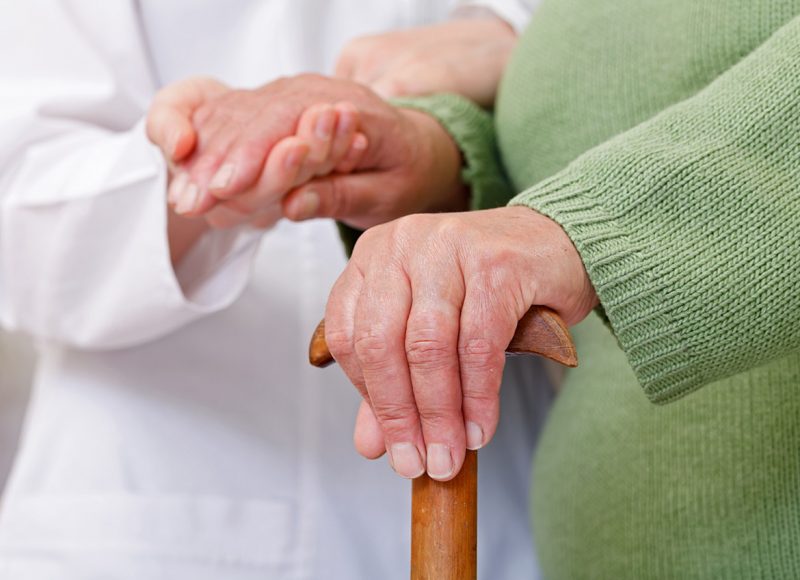
Modern medicine allows a person with Parkinson's disease to live an active life for at least 15 years, only then a person will begin to need outside care. And death usually occurs due to other causes - heart disease, pneumonia, and so on. Subject to all the recommendations of the doctor, a person can not only be independent in everyday life, but also be professionally in demand.
If untreated, unfortunately, after 10-12 years, a person may be bedridden. And catching up is impossible, the changes are irreversible.
Complications
Distinguish between primary and secondary parkinsonism. The primary is considered to be the one that was inherited (up to 80% of all cases), and the second occurs as a result of other causes - trauma, vascular changes, old age, exposure to toxins. It is secondary parkinsonism that brings the most complications.
Since the disease is reflected mainly in motor functions, a person loses the ability to move normally, to perform household chores and professional duties, his social circle changes, he becomes more withdrawn, and experiences it emotionally.
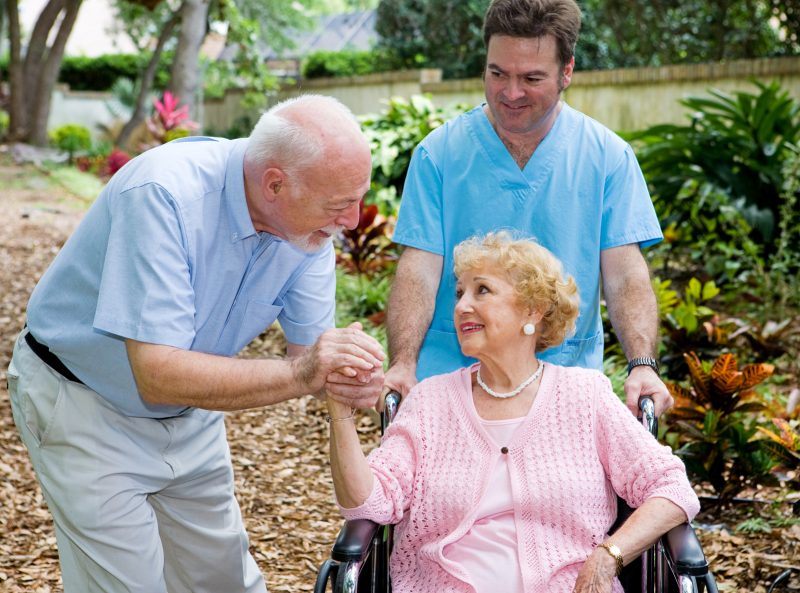
A later stage of the disease leads to an inability to perform the simplest functions, to maintain oneself, a lack of coordination leads to falls and injuries, and low mobility leads to the development of pneumonia.
Since a person is very worried about this condition, his psyche is disturbed, he becomes suspicious, irritable. A depressive state may occur.
In 30% of cases, people due to chronic sleep disturbances may experience hallucinations, delusions, acute psychosis. It starts with a small one: it seems that someone is peeping, whispering behind his back, knocking on the door. And then whole images and events arise in front of the sick, not always threatening, and sometimes very pleasant. And patients tell it in a calm tone, as if for granted. But such hallucinations are not always pleasant, it can subsequently result in delirium, jealousy, persecution mania and cause the patient to desire to commit suicide.
Another complication is a panic attack, when there is an unreasonable fear, palpitations, shortness of breath. The attack can last two to three hours and pass on its own. And sometimes emergency care is required.
Parkinson's disease prevention
With the hereditary nature of the disease, preventive measures are ineffective. But in any case, everyone needs to treat infectious diseases on time, lead an active physical and mental life, not be nervous about nothing, be positive. It is also worth protecting yourself from injuries, strokes, poisoning.
Interestingly, smokers, lovers of strong coffee and coffee drinks have Parkinsonism much less often. Science cannot explain this phenomenon.



